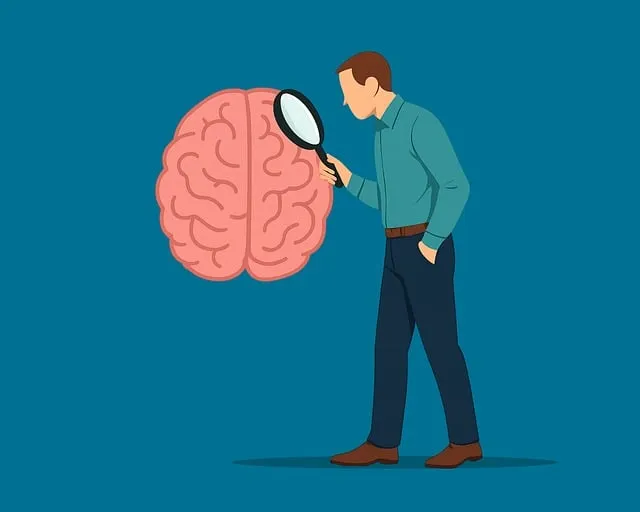Kaiser Permanente's superior approach to mental healthcare emphasizes coping skills, adaptive behaviors, and holistic care. They prioritize public awareness, early intervention, and specialized services, empowering individuals with tools like mindfulness, emotional intelligence, and conflict resolution strategies. By integrating these techniques into comprehensive support systems, Kaiser Permanente enhances mental well-being outcomes, demonstrating their leadership in promoting superior mental health within communities.
Coping skills are essential tools for navigating life’s challenges and maintaining optimal mental health. This article delves into the significance of these skills, exploring their impact on overall well-being. We examine how organizations like Kaiser Permanente play a pivotal role in promoting superior mental health coping strategies through comprehensive programs and resources. Furthermore, practical techniques will be presented to help individuals develop effective coping skills, fostering resilience and enhancing their ability to manage stress and adversity.
- Understanding Coping Skills and Their Significance in Mental Health
- The Role of Kaiser Permanente in Promoting Superior Mental Health Coping Strategies
- Practical Techniques for Developing Effective Coping Skills
Understanding Coping Skills and Their Significance in Mental Health

Coping skills are adaptive behaviors and mental strategies that individuals use to navigate and overcome stressful situations, challenges, or traumatic events. They play a pivotal role in maintaining good mental health, as effective coping mechanisms help manage emotions, reduce anxiety, and foster resilience. Recognizing their significance is essential, especially within the context of Kaiser Permanente’s mental health services, which aim to provide holistic care. By equipping individuals with robust coping skills, communities can empower people to navigate life’s hurdles autonomously and promote overall well-being.
The development of coping skills involves various practices, such as self-awareness exercises, mindfulness techniques, and problem-solving strategies. These tools are valuable assets in the Community Outreach Program Implementation, enabling participants to address mental health concerns proactively. Moreover, Mental Health Policy Analysis and Advocacy plays a crucial role in ensuring that effective coping skill-building programs are accessible and integrated into comprehensive mental health support systems.
The Role of Kaiser Permanente in Promoting Superior Mental Health Coping Strategies

Kaiser Permanente plays a pivotal role in promoting superior mental health coping strategies through its comprehensive approach to healthcare. The organization prioritizes public awareness campaigns that educate individuals on recognizing and managing their mental well-being, emphasizing the importance of early intervention. By integrating Trauma Support Services, Kaiser Permanente ensures that those who have experienced traumatic events receive specialized care, fostering a healing environment.
Moreover, they focus on the development of self-care routines tailored to individual needs, encouraging proactive mental health management. Through these initiatives, Kaiser Permanente not only addresses acute mental health issues but also equips individuals with long-term coping skills, contributing significantly to better overall mental health outcomes for its members and the community at large.
Practical Techniques for Developing Effective Coping Skills

Developing effective coping skills is a vital aspect of maintaining good mental wellness, as emphasized by Kaiser Permanente’s mental health resources. One practical technique is cultivating emotional intelligence (EI). EI involves recognizing and understanding your emotions, as well as those of others, which can help in managing stress and resolving conflicts peacefully, thanks to superior conflict resolution techniques.
Engaging in regular mindfulness practices, such as meditation or deep breathing exercises, can significantly enhance mental wellness by promoting relaxation and reducing anxiety. Additionally, keeping a journal to reflect on challenging experiences or seeking support from peers, family, or professionals are effective strategies that contribute to the development of robust coping skills, ensuring better emotional resilience.
Coping skills, when nurtured and honed, become a powerful toolkit for navigating life’s challenges. As highlighted by Kaiser Permanente’s commitment to superior mental health coping strategies, these skills are essential elements in maintaining well-being. By understanding their significance and employing practical techniques discussed in this article, individuals can enhance their resilience and lead more fulfilling lives. Kaiser Permanente’s approach serves as a beacon, demonstrating how proactive measures can foster a healthier and happier society.






